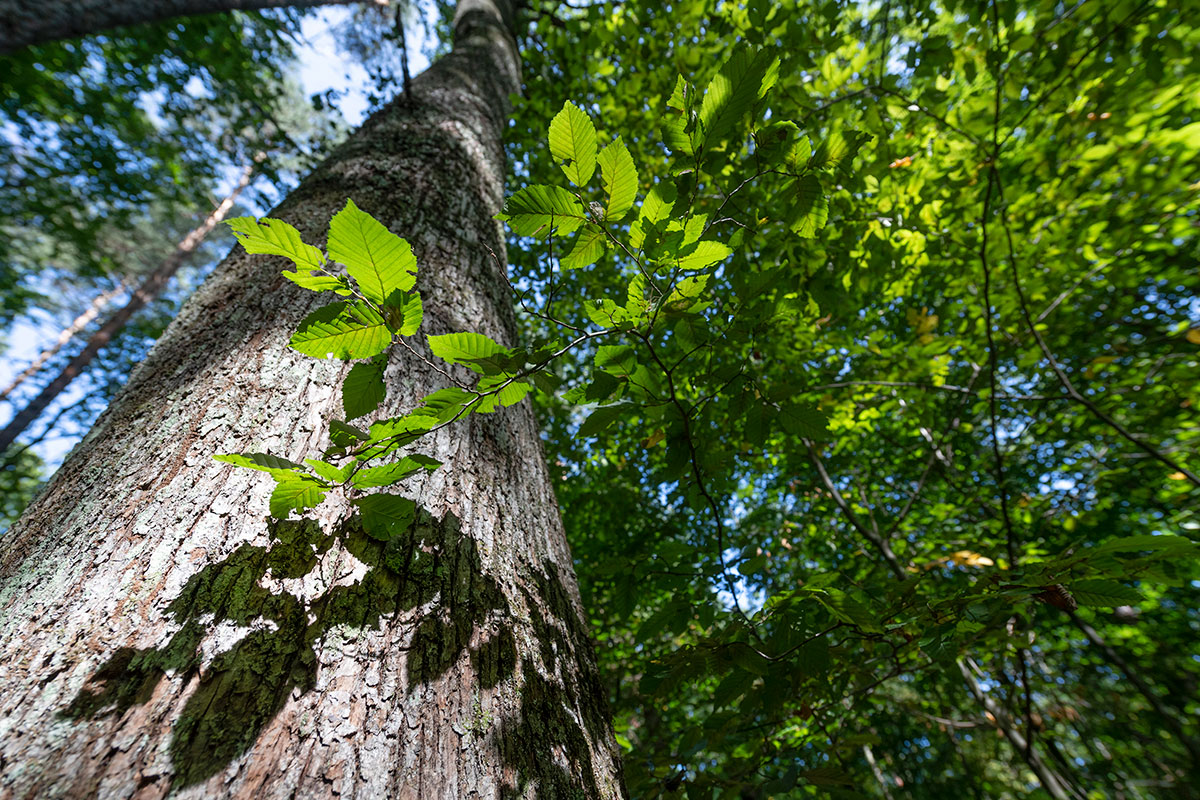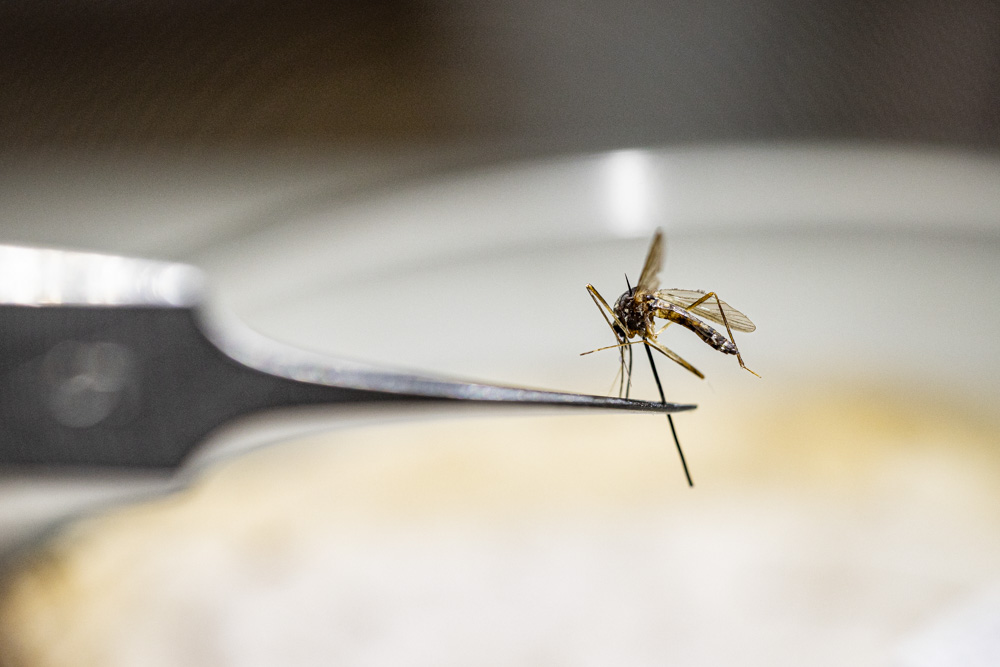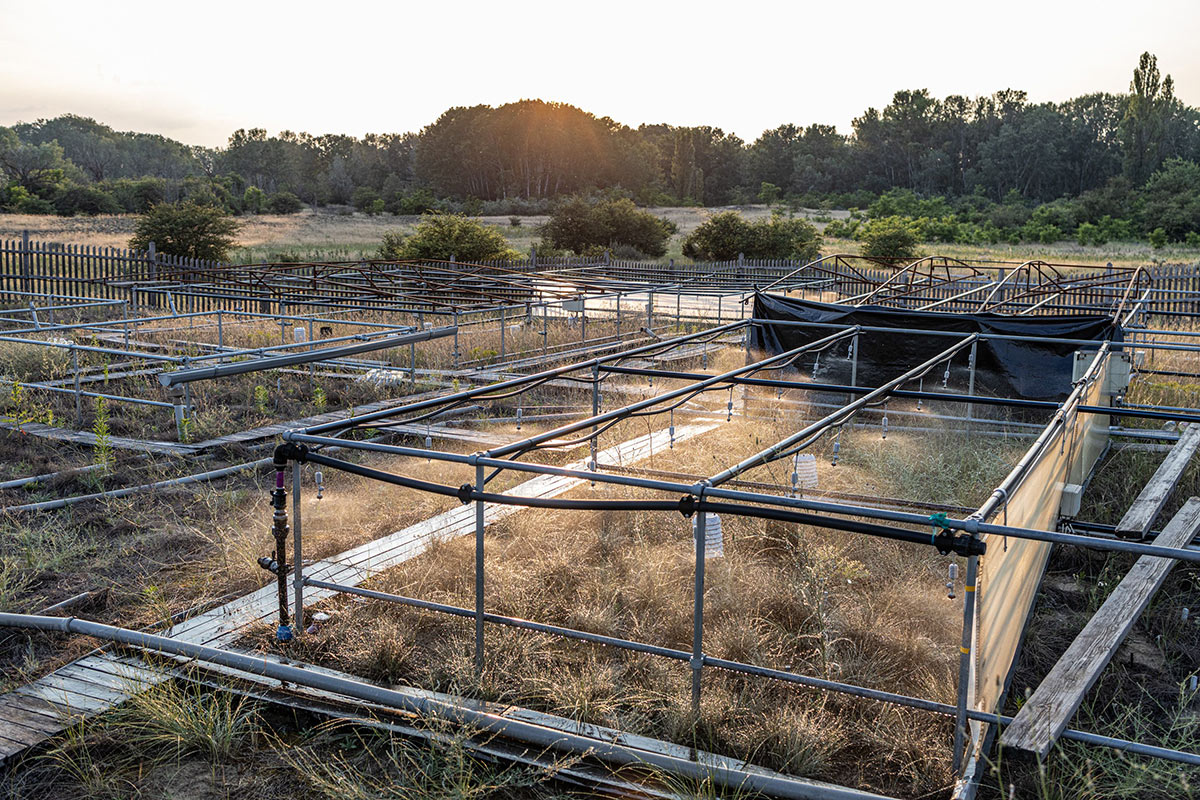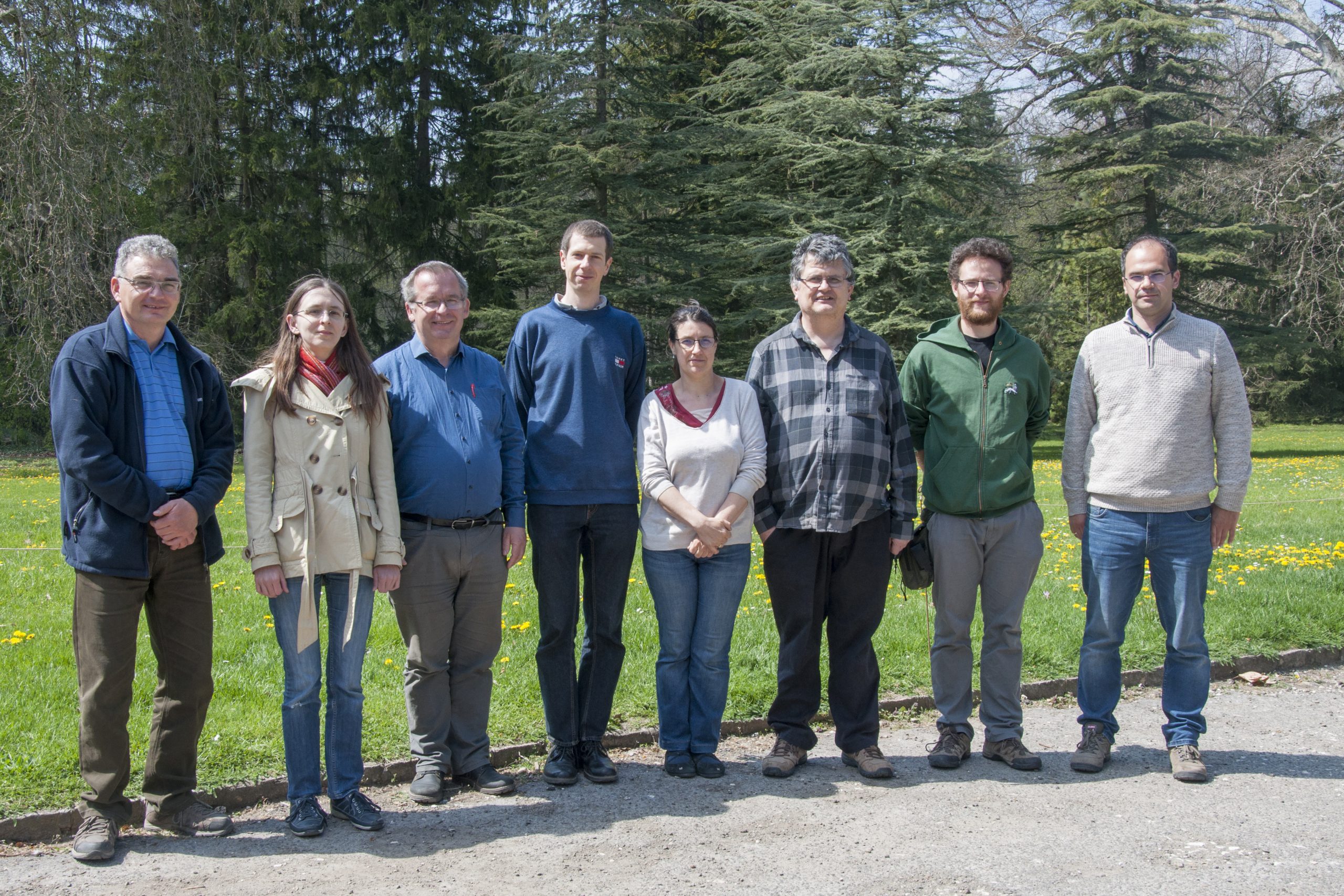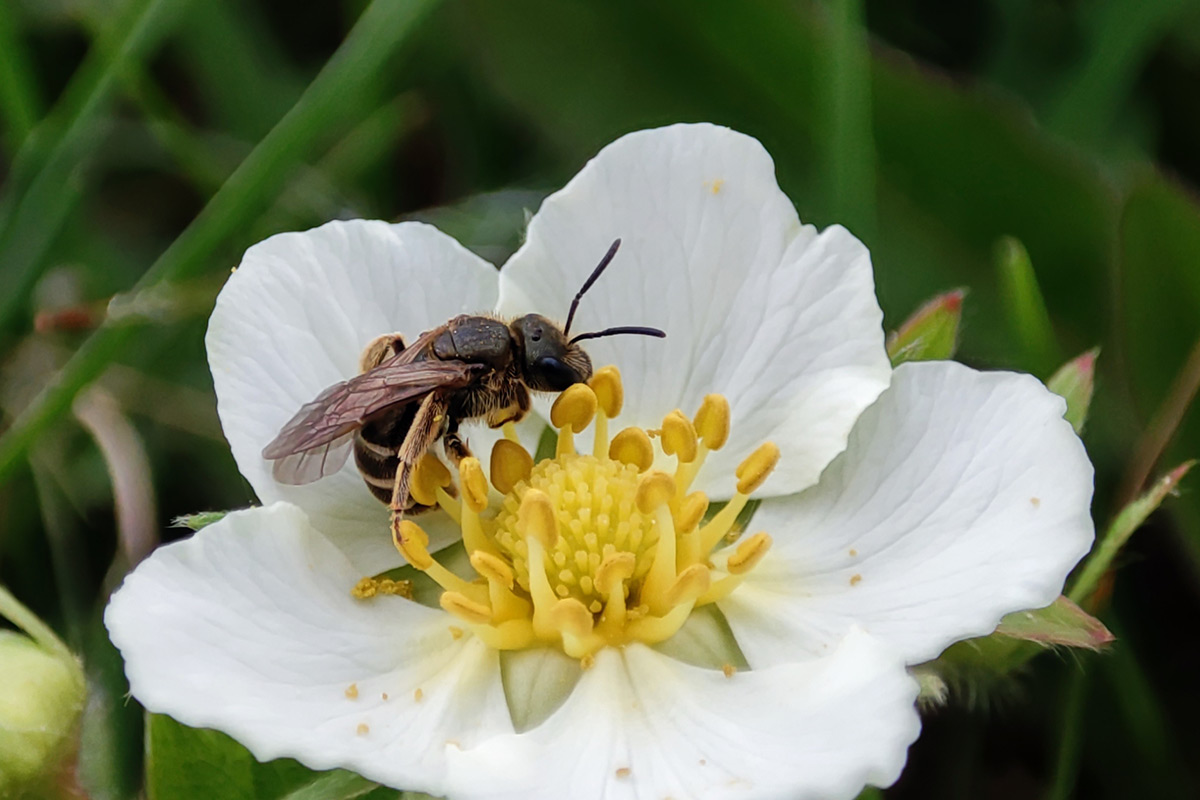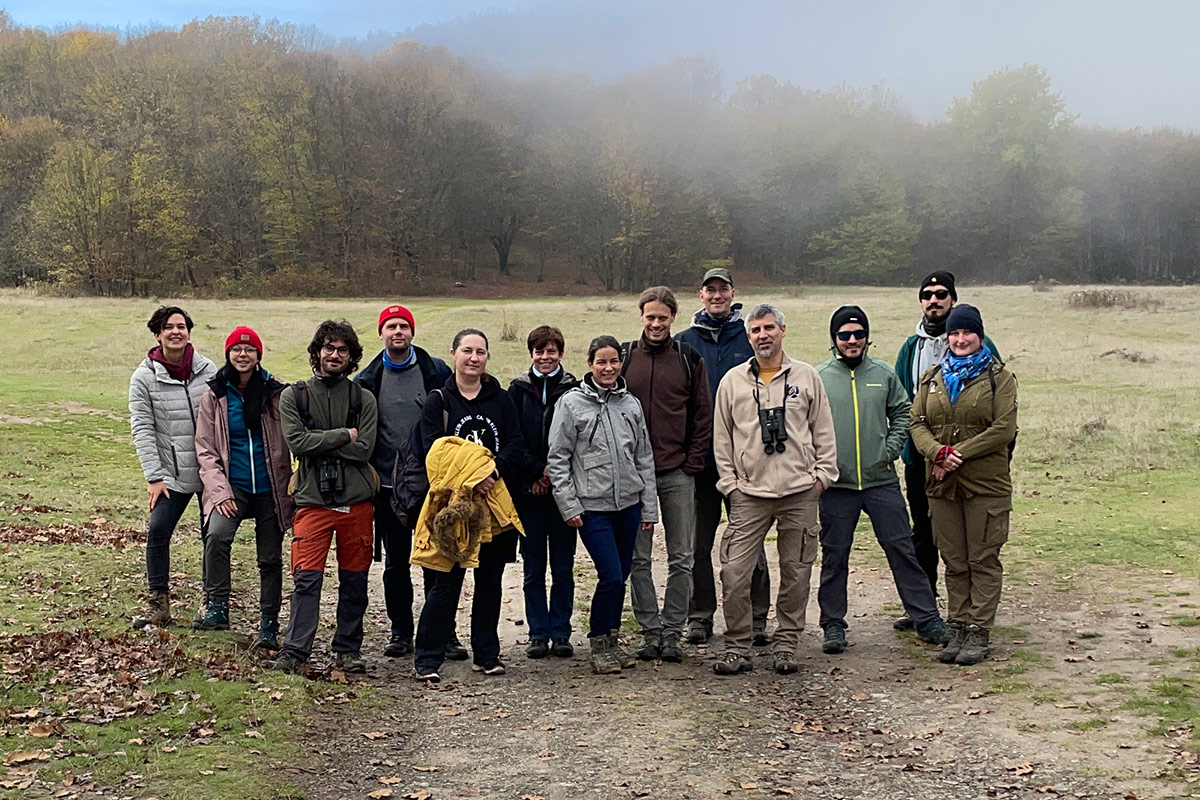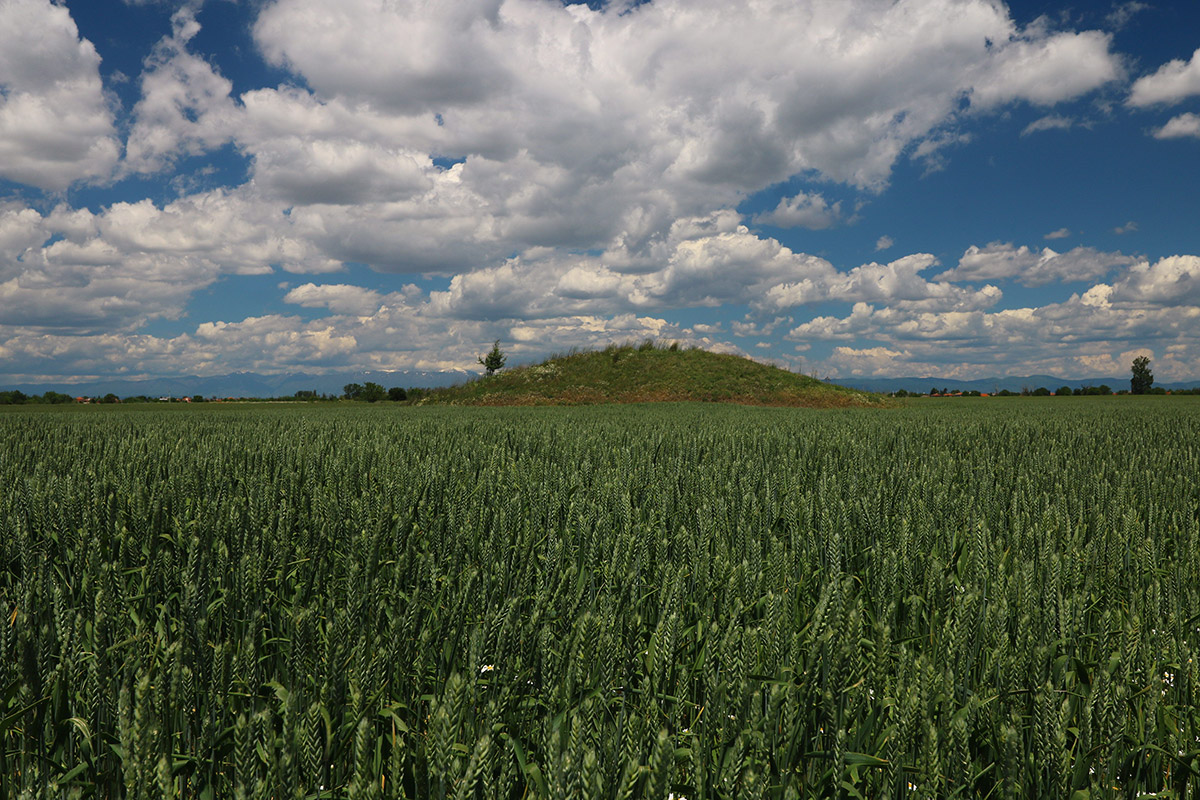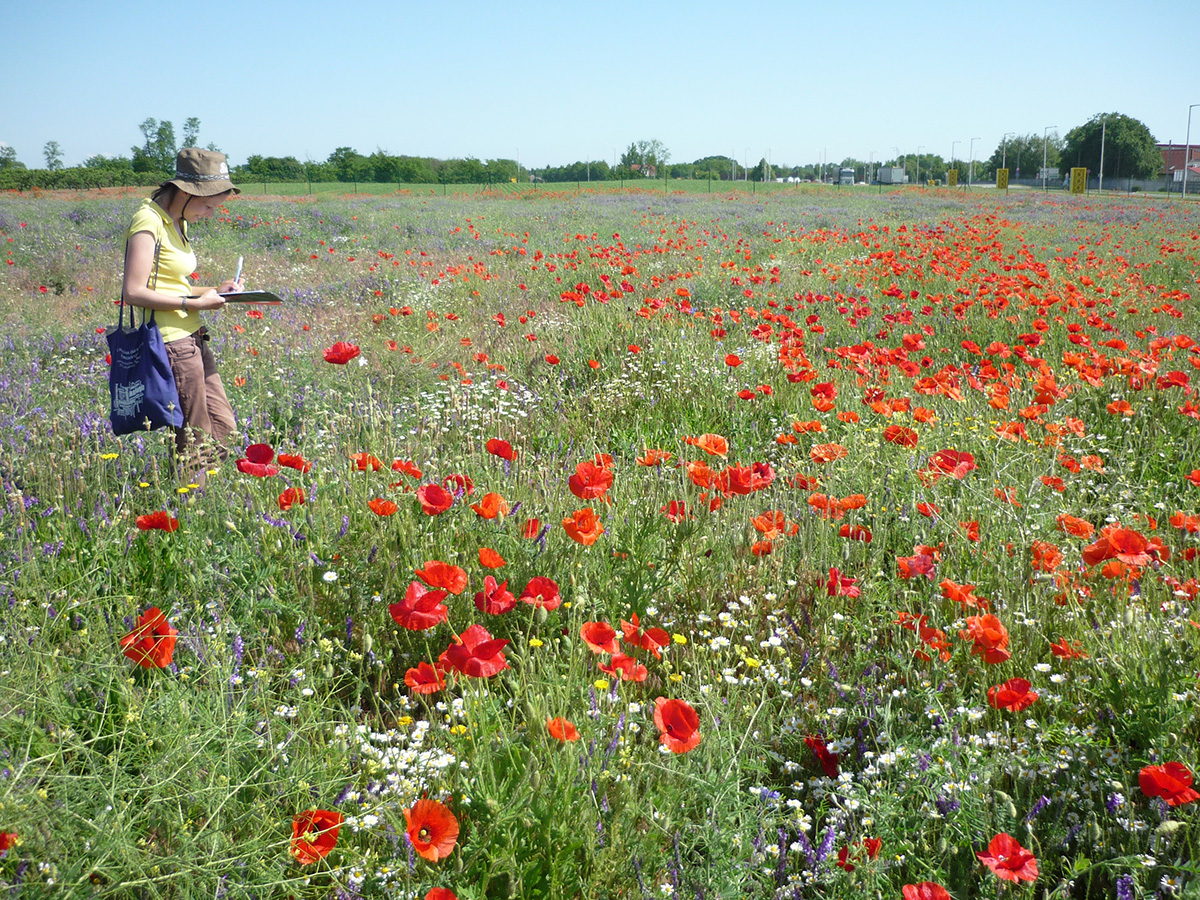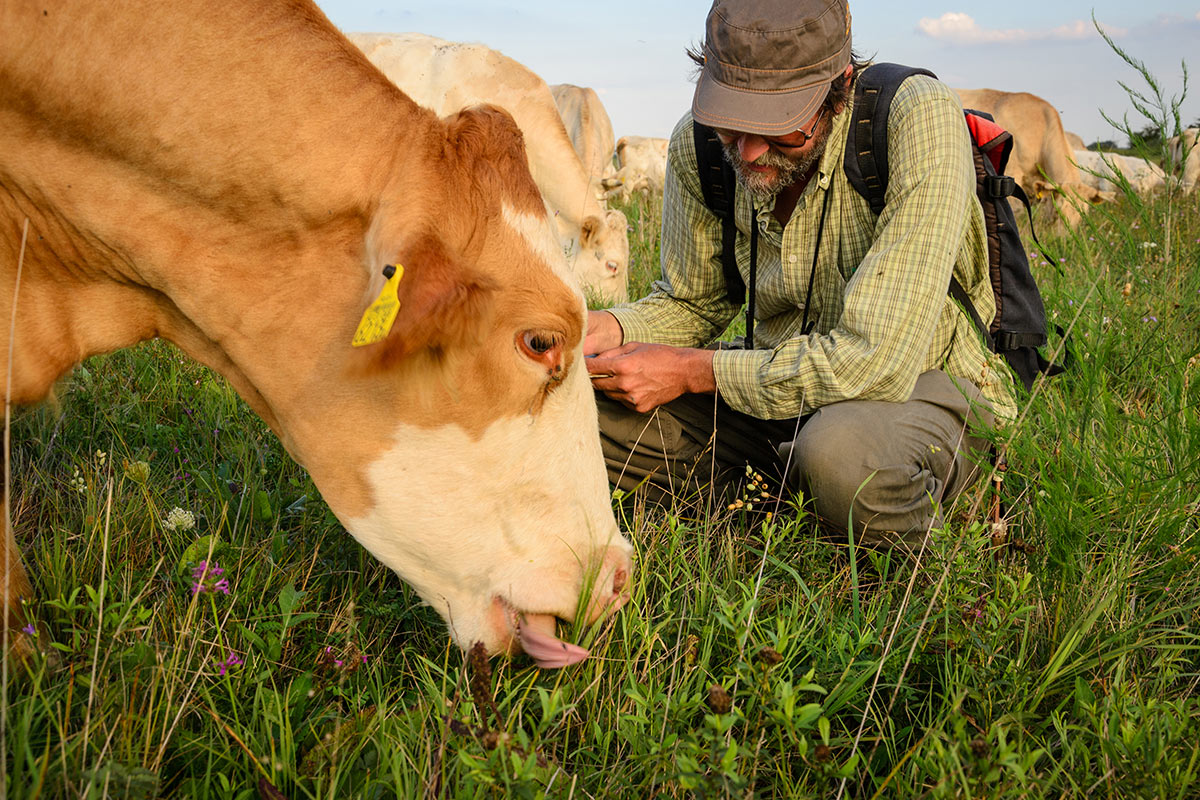The Institute of Ecology and Botany seeks to propose scientific solutions to the environmental challenges of our time, such as land-use change, habitat degradation, climate change, urbanisation, the effects of intensive agriculture, invasions, and the emergence of new diseases. The Institute’s nearly 80 researchers, organised in research groups, work on a wide range of organism groups and habitats, using a variety of methodological approaches. In addition to its basic research activities, the institute carries out a number of public monitoring and applied research activities.
Priority Areas
- Maintenance and restoration of the integrity of nature and society.
- Investigating the impact of silviculture on forest communities.
- Plant genetic conservation and ecological restoration in the National Botanical Garden.
- Development of conservation strategies based on seed ecology.
- Reconstruction of grassland habitats.
- Testing restoration ecology methods for the development of the national green infrastructure.
- Predicting the ecological impacts of climate change in the Carpathian Basin.
- The status biodiversity and ecosystem services in urban habitats.
- Biodiversity and protection of natural habitats embedded in agricultural landscapes.
- Ecological intensification, agroecology.
- Ecological analysis and sustainability of plant–pollinator relationships.
- Ecological analysis of biological invasion and its social and economic implications.
- Prevention of emerging diseases based on ecological principles.
- Investigation of plant community dynamics, search for community assembly rules.
- Maintaining plant databases and updating distribution maps.
- Knowledge co-production between science and other knowledge systems.
Priority publications
Paolinelli Reis, Bruna; Branquinho, Cristina; Török, Katalin; Řehounková, Klára; Nunes, Alice; Halassy, Melinda. The added value of the long-term ecological research network to upscale restoration in Europe JOURNAL OF ENVIRONMENTAL MANAGEMENT
2024
Fekete, Réka; Valkó, Orsolya; Fischer, Leonie K.; Deák, Balázs; Klaus, Valentin H. Ecological restoration and biodiversity-friendly management of urban grasslands – A global review on the current state of knowledge JOURNAL OF ENVIRONMENTAL MANAGEMENT
2024
Szentiványi, Tamara; Takács, Nóra; Sándor, Attila D.; Péter, Áron; Boldogh, Sándor A.; Kováts, Dávid; Foster, Jeffrey T.; Estók, Péter; Hornok, Sándor. Bat-associated ticks as a potential link for vector-borne pathogen transmission between bats and other animals PLOS NEGLECTED TROPICAL DISEASES
2024
Kovács Bence; Németh Csaba; Aszalós Réka; Veres Katalin. Small oases below the canopy: The cooling effects of water-filled tree holes on the local microclimate in oak-dominated stands AGRICULTURAL AND FOREST METEOROLOGY, 353. Paper: 110058 (2024)
2024
Biró Marianna; Molnár Krisztina; Öllerer Kinga; Szilágyi Réka; Babai Dániel; Molnár Csaba; Molnár Zsolt. Oral history methods can reveal drivers of landscape transformation: Understanding land‐use legacies with local and traditional knowledge in Central Europe PEOPLE AND NATURE (2024)
2024
Kröel-Dulay György; Rigó Attila; Tanács Eszter; Szitár Katalin; Ónodi Gábor; Aradi Eszter; Bakró-Nagy Zsolt; Biró Marianna; Botta-Dukát Zoltán; Kalapos Tibor; Kelemen András; Laborczi Annamária; Pásztor László; Rabuogi Quinter Akinyi; Mojzes Andrea. Explosive spread of sand dropseed (Sporobolus cryptandrus), a C4 perennial bunchgrass, threatens unique grasslands in Hungary (Central Europe) NEOBIOTA, 95. pp. 59-75. , 17 p. (2024)
2024
Török K.; Valkó O.; Deák B. Ecosystem restoration with local or broad seed provenancing: Debates and perceptions in science and practice BIOLOGICAL CONSERVATION, 293. Paper: 110535 (2024)
2024
Bihaly Á.D.; Piross I.S.; Pellaton R.; Szigeti V.; Somay L.; Vajna F.; Soltész Z.; Báldi A.; Sárospataki M.; Kovács-Hostyánszki A. Landscape-wide floral resource deficit enhances the importance of diverse wildflower plantings for pollinators in farmlands AGRICULTURE ECOSYSTEMS & ENVIRONMENT, 367. Paper: 108984 (2024)
2024
Jablonszky Mónika; Garamszegi László Zsolt. The effect of repeated measurements and within-individual variance on the estimation of heritability: a simulation study BEHAVIORAL ECOLOGY AND SOCIOBIOLOGY, 78 : 2. Paper: 18 (2024)
2024
Marja Riho; Albrecht Matthias; Herzog Felix; Öckinger Erik; Segre Hila; Kleijn David; Batáry Péter. Quantifying potential trade-offs and win-wins between arthropod diversity and yield on cropland under agri-environment schemes–A meta-analysis JOURNAL OF ENVIRONMENTAL MANAGEMENT, 353. Paper: 120277 (2024)
2024
Szitár Katalin; Bánhidai András; Csecserits Anikó; Csőszi Mónika; Halassy Melinda; Kertész Miklós; Kollányi László; Schneller. Krisztián; Teleki Mónika; Vaszócsik Vilja; Török Katalin The zone cube model – A tool to operationalise green infrastructure prioritisation LANDSCAPE AND URBAN PLANNING, 243. Paper: 104976 , 11 p. (2024)
2024
Molnár Zsolt; Aumeeruddy-Thomas Yildiz; Babai Dániel; Díaz Sandra; Garnett Stephen T.; Hill Rosemary; Bates Peter; Brondízio Eduardo S.; Cariño Joji; Demeter László; Fernández-Llamazares Álvaro; Guèze Maximilien; McElwee Pamela; Öllerer Kinga; Purvis Andy; Reyes-García Victoria; Samakov Aibek; Singh Ranjay K. Towards richer knowledge partnerships between ecology and ethnoecology TRENDS IN ECOLOGY & EVOLUTION, 39 : 2 pp. 109-115. , 7 p. (2024)
2024





